Today,The Criterion Channelgoes live.
I had the pleasure of speaking to programmerPenelope Bartlettlast week about The Criterion Channel.
Check out the full interview below.
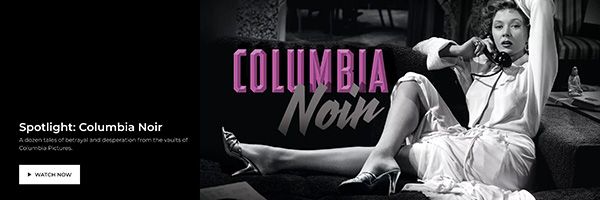
This interview has been lightly edited for clarity.
What went into programming Columbia Noir?
Because obviously Criterion Channel has more than just 11 noir films.
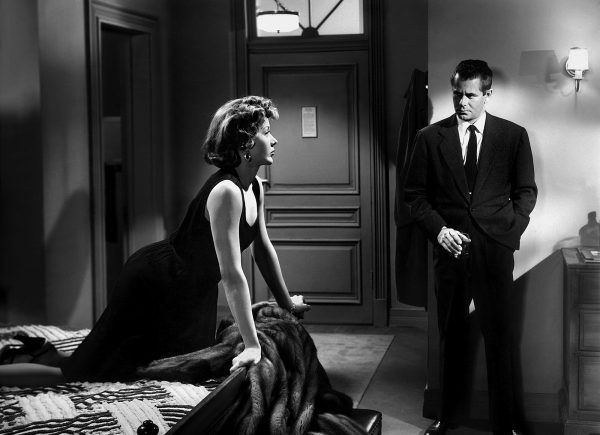
Image via Criterion Channel
So this seemed like a really great series to showcase our ongoing commitment to programming and Hollywood cinema.
Then we just started to do our research.
But also manageable so people can get through all of the films.
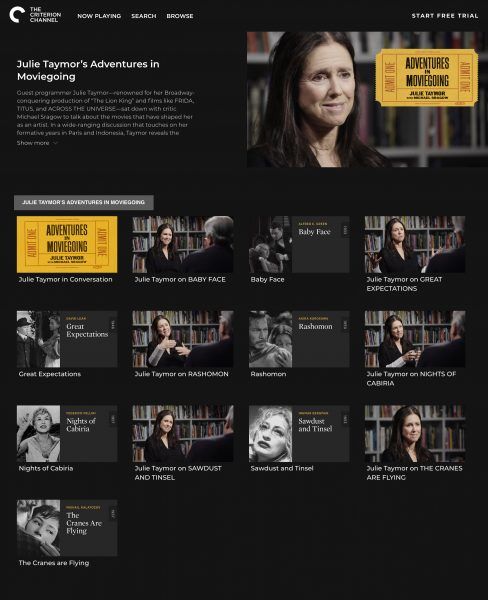
Image via Criterion Channel
And really enjoy them.
And they sort of tell a story as well.
BARTLETT: Yeah, 100%.
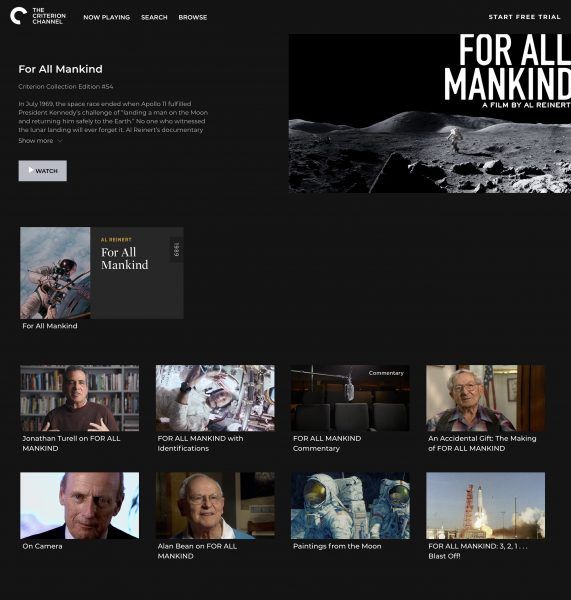
Image via Criterion Channel
Yeah, we absolutely … And it really is.
Now when you’re deciding on a program, how does that come about?
Do you guys sort of spitball?
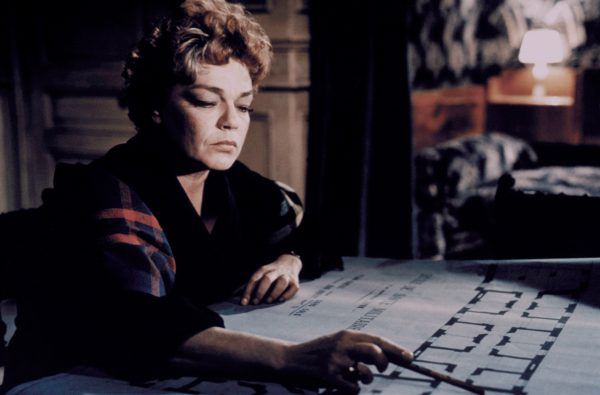
Image via Criterion Channel
What are the avenues that you go down to create a program?
BARTLETT: I think it’s a range of those things.
We have two years of programming experience in the digital space from the work that we did on FilmStruck.

So that’s kind of a nice starting point.
So we’re able to kind of bring that knowledge into the launch of our new channel.
And then we’re thinking about it in terms of what do we want to see?
What stories do we want to tell?
You know, women, people of color.
Because it’s been such a white male space for so long and we really want to change that.
So we think about that a lot when we’re programming.
And of course it’s also the films that are available to us.
Because we’re working with a number of studios, we’re working with a number of independent distributors.
And then coming up with a series from that point as well.
When programming, do you attempt to look ahead to attempt to tie programs together?
BARTLETT: Yeah, I think we do a little bit of that.
So we don’t want to sort of piggyback on our programming too much.
Certainly there are … For example, one of our launch programs is screenplays by Suso Cecchi D’Amico.
She was an Italian screenwriter who collaborated with a lot of the most important post-war Italian directors.
Including Bicycle Thieves and Senso."
I think yeah, absolutely, we will be doing a little bit of what you’re saying.
But we’re also trying to offer people as many different experiences as possible.
Are there any individuals in particular you’re really excited about focusing on in the months ahead?
Oh that’s a good question.
Let me think about that.
Dorothy Arzner is a great one.
And she was one of them and she was working in like the 40s and 50s.
It’s just a really fascinating character and strangely hasn’t received the attention that she deserves.
You mentioned the special features.
How does that work as a guiding set?
I mean, there are so many different types of supplemental features that we do.
So we’ll go out and interview lots of the key people that were involved with making the film.
We always commission an essay.
We sometimes commission video essay pieces.
We do behind the scenes, we do commentaries.
So all of that, with the exception of the written essays, will be available on the channel.
Along with the film that it’s associated with.
We have all of those just kind of at our fingertips, which is so great.
Because people really love to dive into those.
Then we have a range of original production that we kicked into gear for the channel.
Which it’s all being carried over from what we were doing when we were on FilmStruck.
And then to curate some selections and we record introductions for each of the films that they select.
So those will all be available to watch.
And they’re really great.
I would really encourage checking them out.
Then we’ve also got a series called Meet the Filmmaker where we commission original documentaries about new filmmakers.
So filmmakers who are actually out there working today.
We filmed some of those on people like the Safdie brothers, Apichatpong Weerasethakul, the Thai filmmaker.
Do you prefer to sort of go along the lines of what an auteur has done?
Or more along the lines of a genre or a certain theme?
That’s a really great question and it’s really relevant because we are …
Most directors have been men, for example.
Most directors have been white men.
And then in terms of genre, I mean, I think that that’s really fun.
Of course, to put together a series of films.
We have this one at the launch that’s like three movies with killer couples.
It’s just really fun and silly, weirdly, to watch couples going on murder sprees.
We try and put a fun, alternative spin on series.